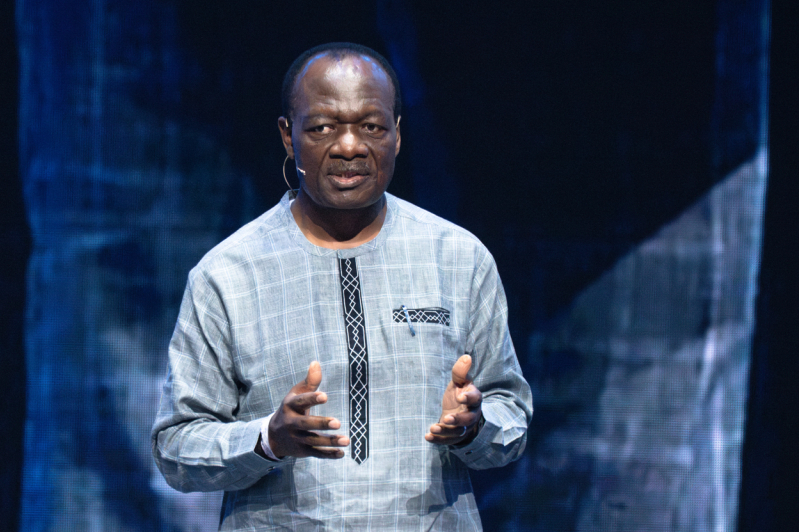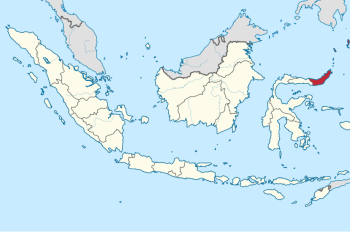
God is supercharging the rate of Bible translation in Africa and many parts of the Global South, expanding discipleship in more local dialects than ever before. This was the resounding and encouraging message of SIL International Executive Director Dr. Michel Kenmogne, at Lausanne 4 in Seoul, Korea.
Kenmogne told the over 5,000 delegates that since the last Lausanne meeting in Cape Town 14 years ago, the Bible has been translated to 2,000 languages, a remarkable feat compared to the rate at which translations were happening before Lausanne 3.
“In 1999, Wycliffe (Bible translators) and SIL International realized that at the prevailing pace of Bible translation, it'll take until the year 2150 for the last people group on earth to have God's word in their own language,” said Kenmogne.
The shocking realization pushed the organisations to launch what they called “Vision 2025” - an ambitious goal to have all the remaining 3,000 people groups have a version of the Bible in their own language, a factor that Kenmogne sees as critical in the spread of the gospel.
“One of the pieces of evidence that the gospel is advancing and reaching the ends of the world is when we see bodies of believers who are able to worship Jesus Christ using their own languages and cultures,” noted Kenmogne.
He said that the Vision 2025 goal provided new impetus for Bible translation initiatives across the globe with more organisations joining the call to end ‘Bible poverty’. Organizations like Youth with a Mission, Samaritan’s Purse, Calvary Ministries in Nigeria and many others embraced translation as a core part of their ministry.
Using Africa as an illustration of the progress made, Kenmogne told the delegates how the timely convergence of different factors has supercharged Bible translation efforts over the last 14 years, leaving less than 1,000 languages without a locally translated Bible globally.
“This is to say that we live in an era where God is doing a new thing in the field of Bible translation. And the phenomenal growth of the church in the Southern hemisphere is resulting in the gradual rise of an indigenous movement of God's people who are seeking to advance God's kingdom in new ways,” said Kenmogne, who was born and raised in Cameroon, and is the first non-Western SIL executive director.
One of the factors that has accelerated Bible translation in Africa is a growing locally-based workforce. Kenmogne said that SIL International, for instance, has seen a decrease by 20% of foreign workers and an increase by 70% of indigenous workers. The growth of the workforce has been in tandem with the number of organisations directly involved in Bible translation and the leadership of the institutions leading from the front.
“For the first time in history, four key Bible agencies; SIL International, United Bible Society, Wycliffe Global Alliance, the Word for the World have all of their leadership stemming from the continent of Africa,” said Kenmogne. Dirk Gevers, Dr. Stephen Coertze and Kobus van Aswegen are South Africans leading United Bible Society, Wycliffe and Word for the World respectively.
Additionally, the fact that African churches have owned the ministry of Bible translation at the national and local level has helped to scale the translation. Giving an example of FJKM Church in Madagascar, Kenmogne said that the pastoral team realized that discipleship “was not going as deep” due to lack of local-dialect Bible.
The church mobilized 300 volunteers to translate the Bible from the national Malagasy language to more local languages. Kenmogne added: “In five years, four New Testament have been completed and four others on the way because of the involvement of the local church.”
While challenges still exist and many languages are yet to be reached, Kenmogne finds solace in the words of Ghana’s founding father, Kwame Nkurumah who foresaw an African Church growing in the knowledge of the Bible and believers being impacted and living by the great truths of the Bible.
“I have no doubt that we have entered that time in this 21st century, not only in Africa, but all across the Global South...It's the Lord's doing and we have to return all the glory and praise to Him,” concluded Kenmogne.





